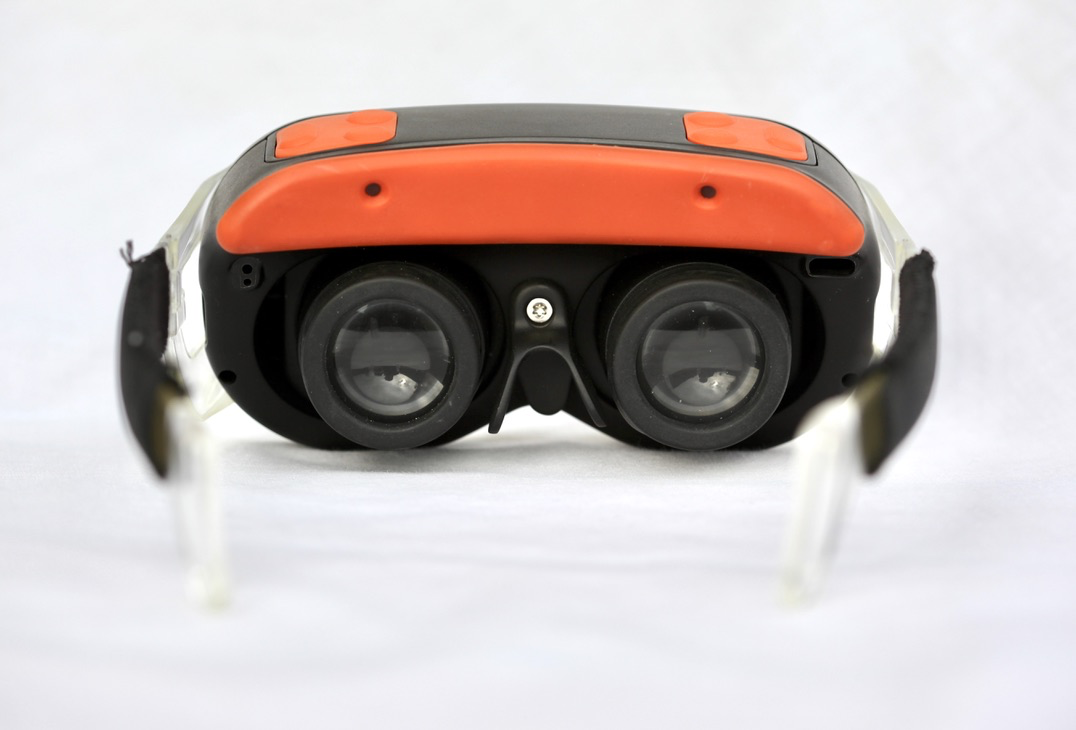Second generation smart glasses created

Oxsight Onyx
Oxsight, a team of scientists and clinicians developing vision enhancement technologies, has created a second generation model of its smart glasses for people with sight loss called Oxsight Onyx.
Oxsight Onyx – a solution for central vision loss – is currently in the testing stages and so far 100 per cent of testers have reported an improvement in facial detection with the glasses. In addition, 75 per cent of testers, which include members of the Macular Society, said they could read better whilst wearing them.
What started as a research project at the University of Oxford has grown into a global brand of assistive technologies. However, Oxsight has reported that supply chain delays, access to customers and nervousness around investment caused by Covid-19, has delayed its second generation wearable technology being brought to market.
Dr Rakesh Roshan, CEO of Oxsight, said: “We believe that 80 per cent of people with central vision loss will benefit from these smart glasses, and Oxsight plans to disrupt the $100 billion dollar market. In particular, central vision loss has significant impact on older people’s independence, mobility, mental health, cognition and social function
“The feedback we’ve received is that Onyx is life-changing and gives people back their independence. To people with degenerative eye disease, that is invaluable, but we need the support in place to offer it, especially due to the further isolation caused by Covid-19. Sight loss is a fragmented market and largely underserved. Oxsight aims at consolidating it, but we need the support of the key stakeholders.”
Dr Michael Crossland, specialist optometrist in low vision and UCL Hon. senior research associate at Moorfields Eye Hospital, said: “I’m very excited about the Oxsight Onyx low vision device. Assistive technology is already helping many of our patients with moderate to severe visual impairment, but current devices are limited by their weight, cosmetic appearance, non-intuitive controls and lack of versatility. For example, some only work for one task, and others cannot be worn whilst walking.
“The Oxsight Onyx device has addressed many of these concerns and has clearly been designed with visually impaired people in mind,” Dr Crossland continued. “I think it will provide a more affordable, more versatile, more lightweight solution for many of the people I see with visual impairment, and will enable more people to maintain independence, to study, to work, and to avoid social isolation.”
Oxsight Onyx smart glasses will retail at £1,500 and will be available via a monthly rental model priced equivalent to around £1.70 per day.